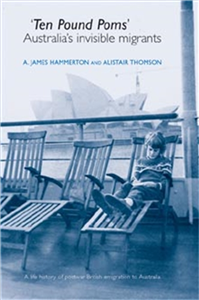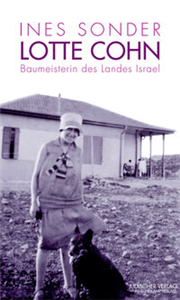Hamad Bin Khalifa University Press
Hamad Bin Khalifa University Press (HBKU Press) is a world-class publishing house founded on international best practices, excellence and innovation. It strives to be a cornerstone of Qatar’s knowledge-based economy by providing a unique local and international platform for literature, discovery and learning. Headquartered in Doha, Qatar, HBKU Press publishes a wide range of texts including fiction and non-fiction titles, children’s books, collections, and annual reports. In addition, HBKU Press publishes peer-reviewed, scholarly research in the natural and social sciences through academic books, open-access reference materials and conference proceedings. HBKU Press consistently follows international best practices in its publishing procedures, ethics and management, ensuring a steadfast quality of production and a dedication to excellence.
View Rights Portal






























